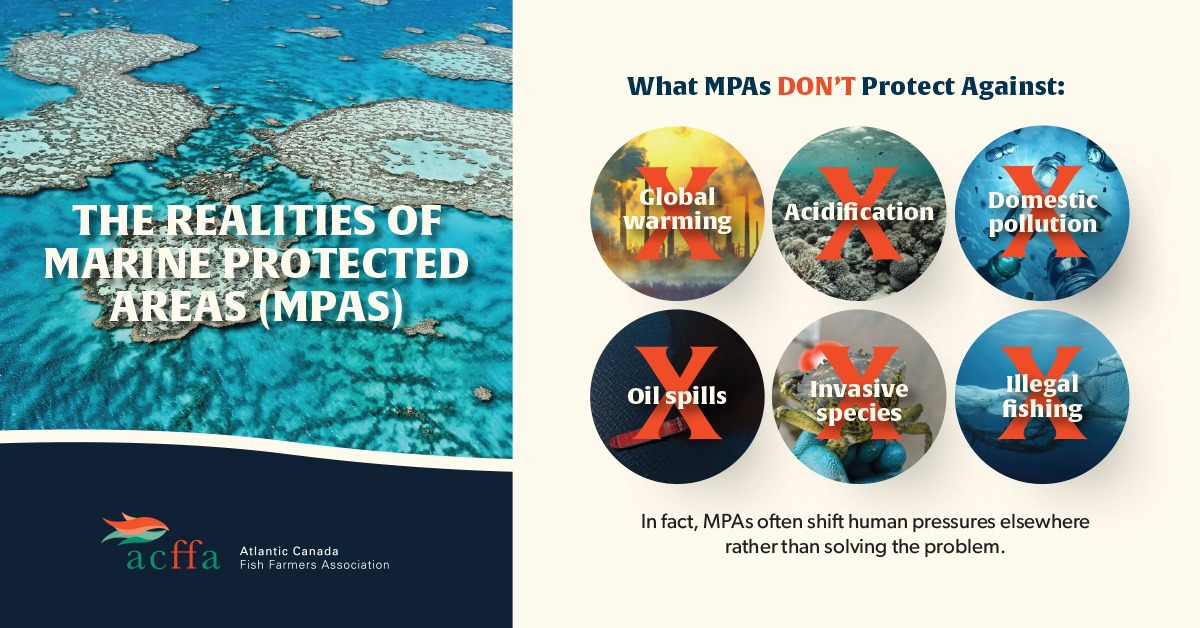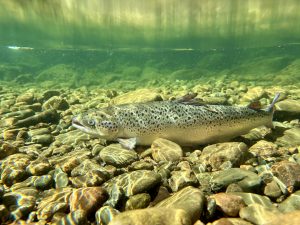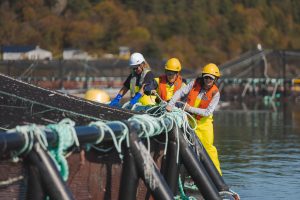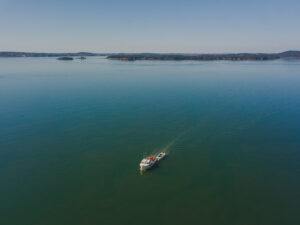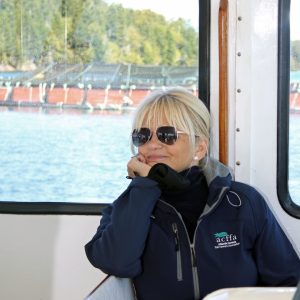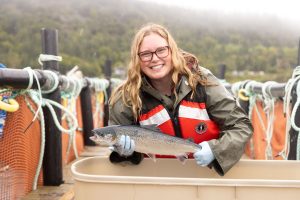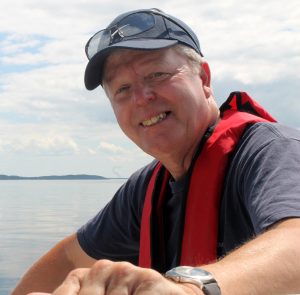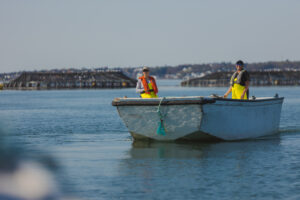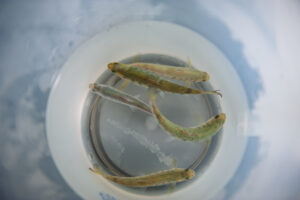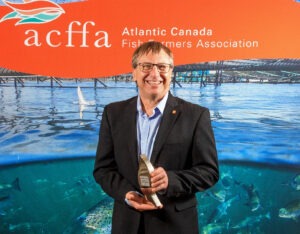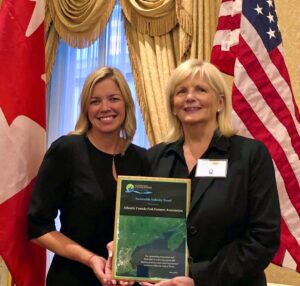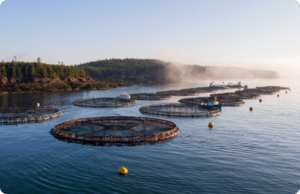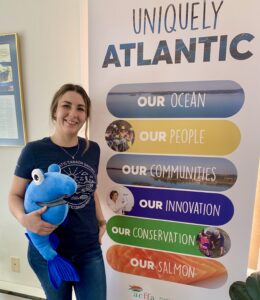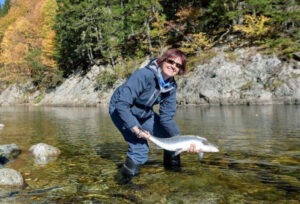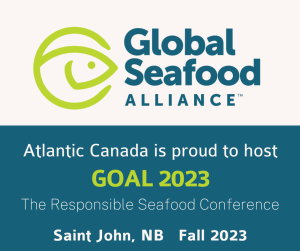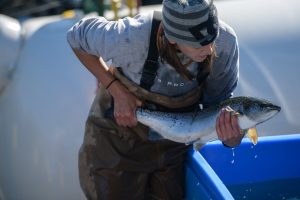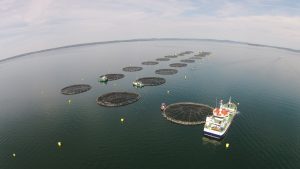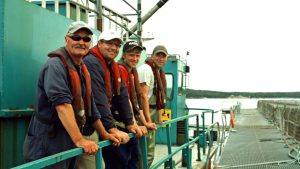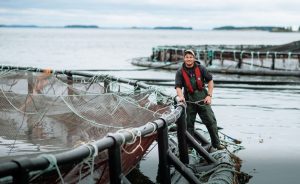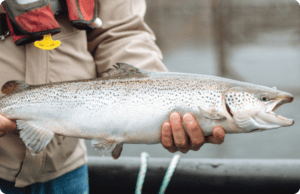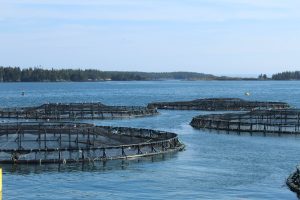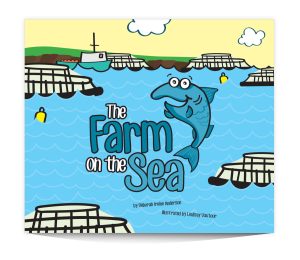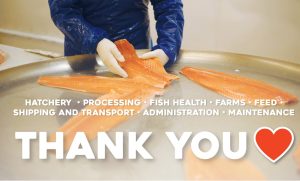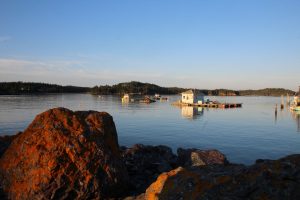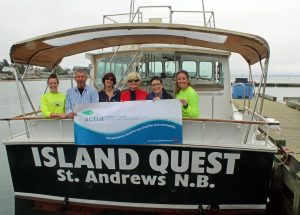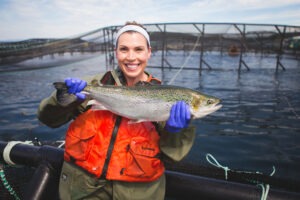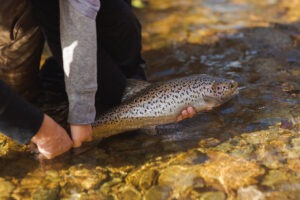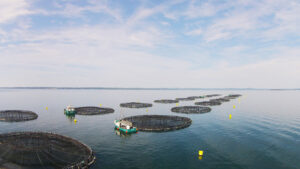In its quest to designate 30% of Canadian waters as MPAs by 2030, the federal government is targeting seafood-producing areas in the southwest Bay of Fundy and Newfoundland’s south shore—regions already governed by rigorous provincial, federal, and industry-imposed regulations. These waters are among the most sustainably managed marine environments in the world. Studies show biodiversity in the Bay of Fundy has remained stable for 40 years, thanks to the natural richness of its ecosystem and the responsible stewardship of those who depend on it.
Marine Protected Areas cannot safeguard against the real threats facing our oceans such as warming temperatures, acidification, or plastic pollution. Nor do they take into consideration the profound economic damage they inflict. In Newfoundland and Labrador, the proposed 9,100-square-kilometer conservation area would jeopardize hundreds of local jobs and industries, from aquaculture and fishing to offshore energy and shipbuilding. These industries are not just vital to the provincial economy—they are lifelines for rural coastal communities already battling rising food prices and economic uncertainty.
Evidence from Canada and abroad shows MPAs often fail to deliver their promises. In the Bay of Fundy, for example, the Right Whale Corridor was rendered obsolete as whale migration patterns shifted with the changing climate. Even the celebrated Great Barrier Reef National Park in Australia, a global benchmark for marine conservation, couldn’t prevent catastrophic coral bleaching caused by warming waters. MPAs might look good on paper, but their real-world impact is often limited, simply displacing human activity rather than addressing the root causes of environmental decline.
We are not anti-conservation; we are pro-common sense. The seafood industry has long been at the forefront of responsible ocean management. Our evolving practices, guided by science and research, have demonstrated minimal long-term environmental impact. Collaborative initiatives like the Southwest Bay of Fundy Progressive Protection Council, which brings together regulators, industry, and stakeholders, show what meaningful, flexible ocean management looks like. Unlike static MPAs, these partnerships adapt to challenges in real-time, balancing conservation with economic resilience.
Drawing lines on a map won’t protect our oceans—it will only harm the communities and industries best equipped to manage them sustainably. If the federal government is serious about preserving Canada’s marine biodiversity, it must prioritize dynamic, cooperative solutions over Marine Protected Areas that simply draw lines over oceans that are constantly changing.
The seafood sector is a cornerstone of Atlantic Canada’s economy and a critical player in global food security. Let’s ensure our policies reflect that reality by fostering collaborative ocean management and stewardship that supports seafood producers – not sidelines and harms them to meet uninformed and fanciful political promises made on an international stage.
